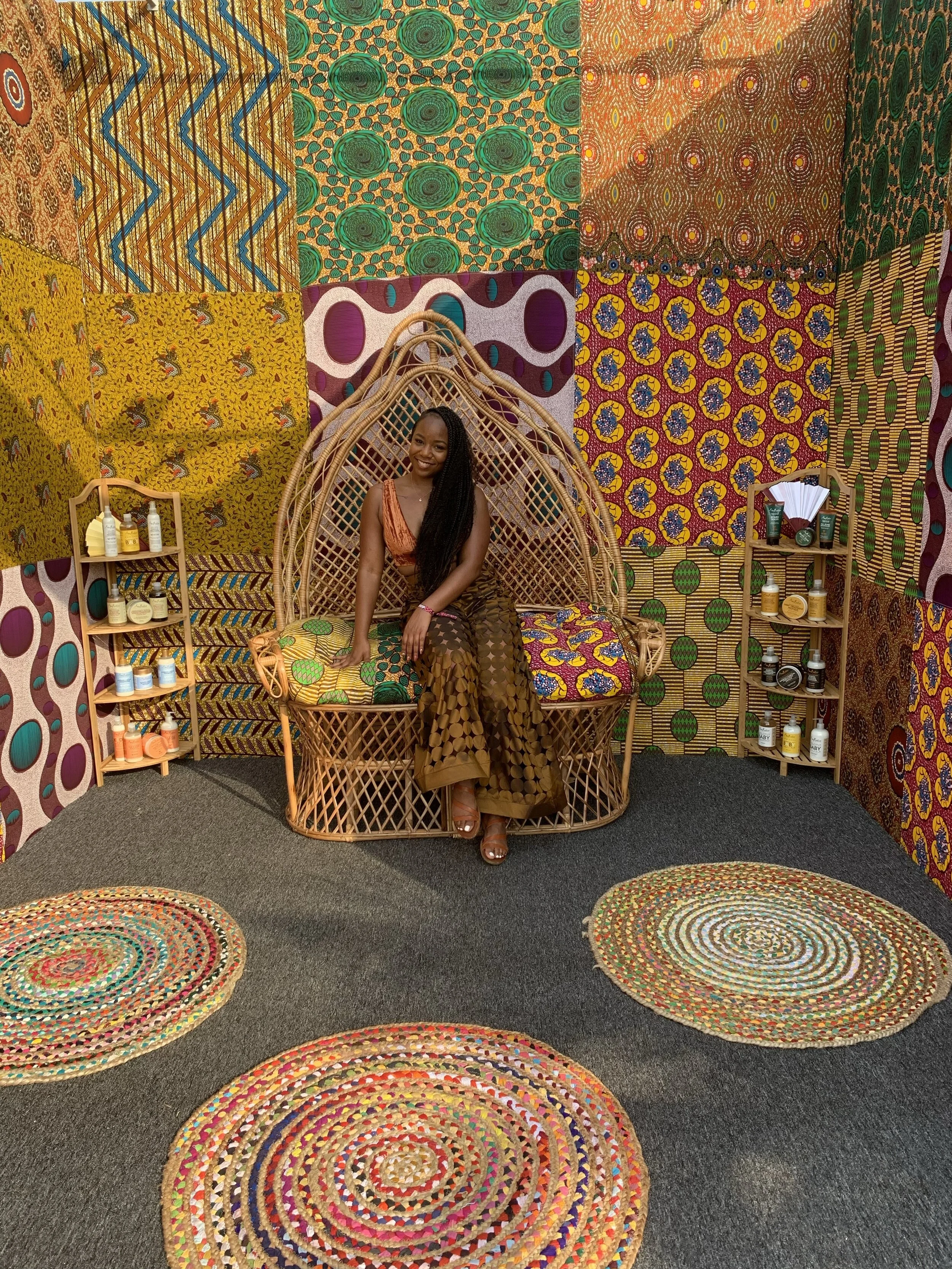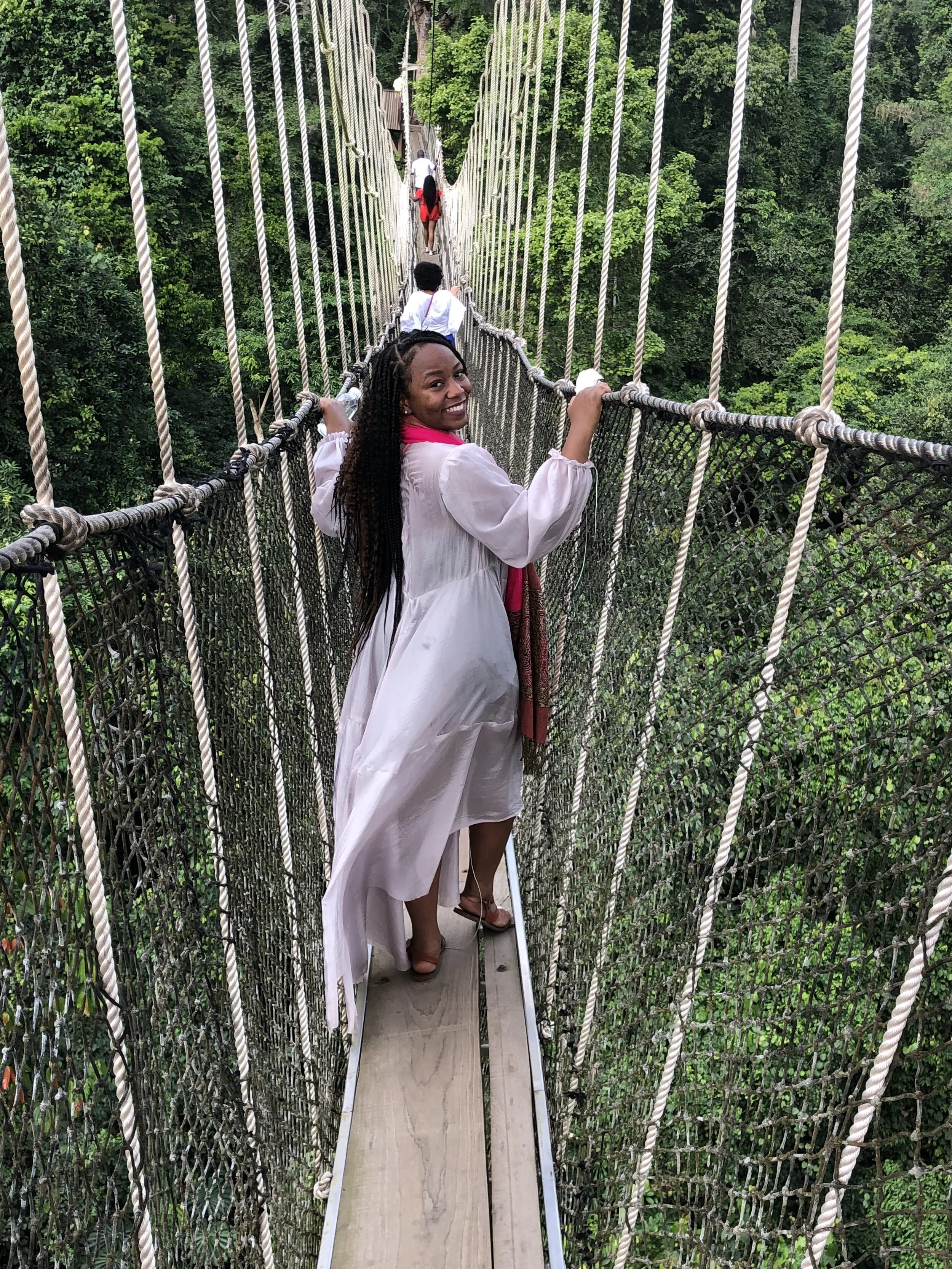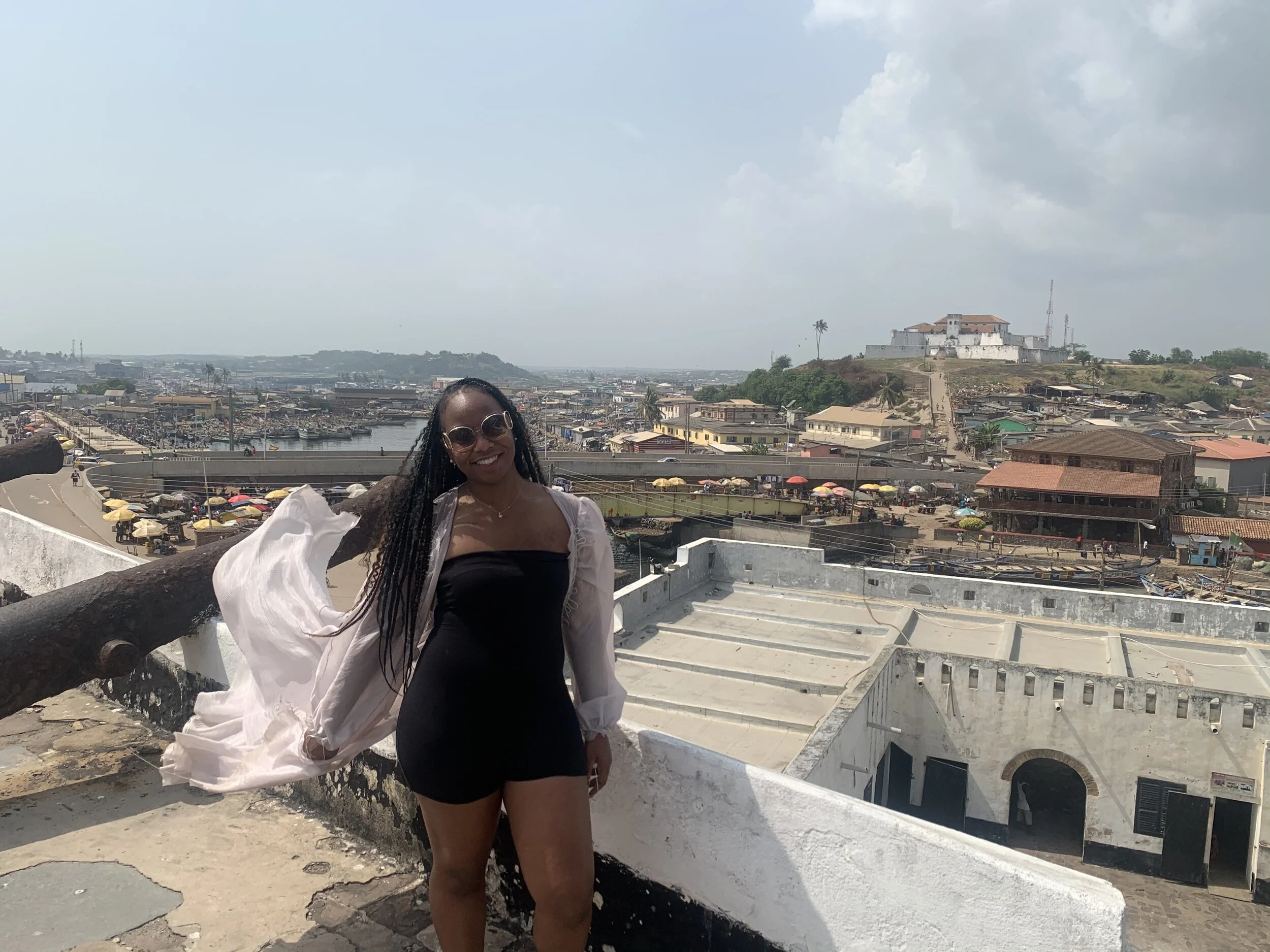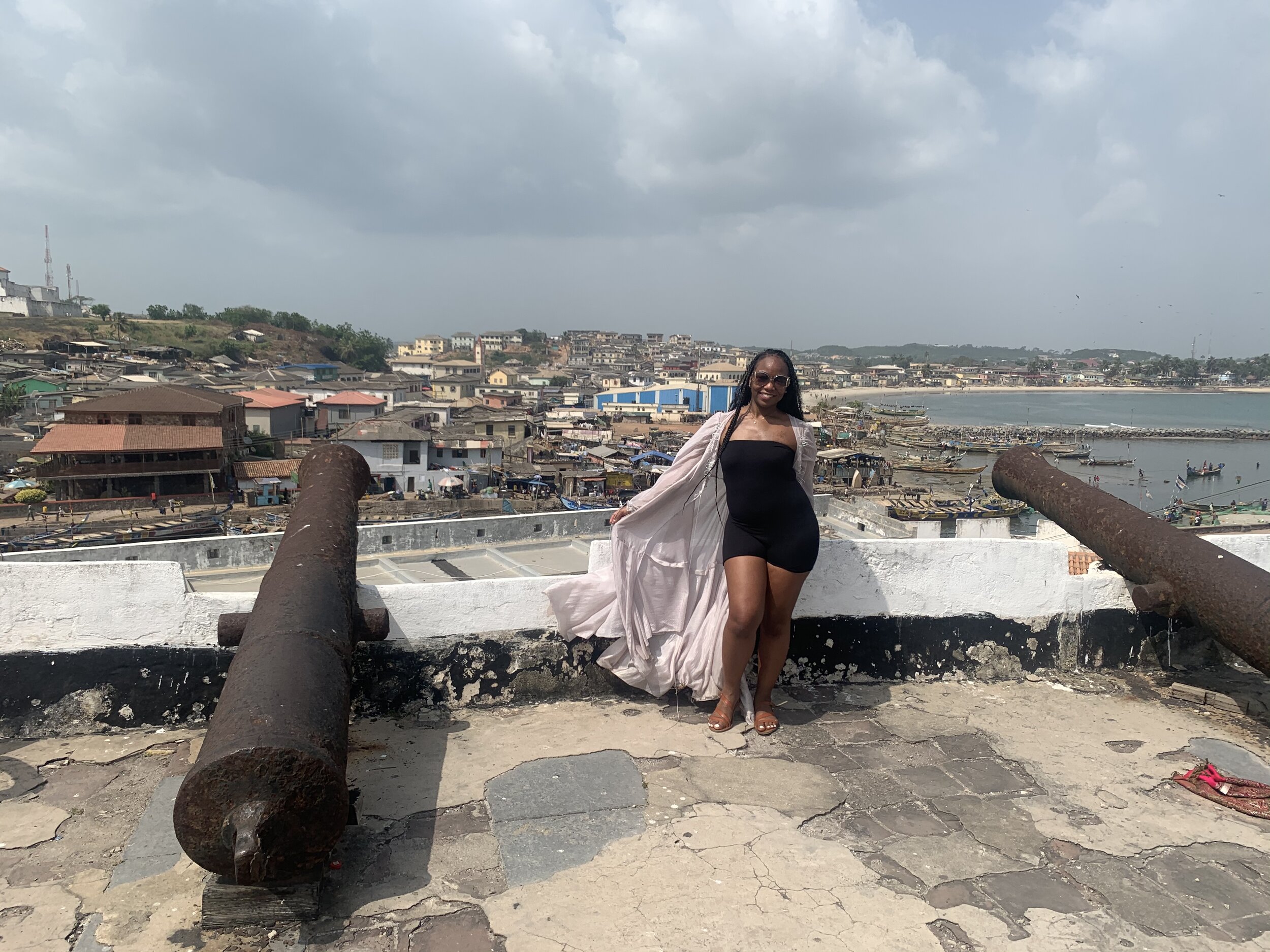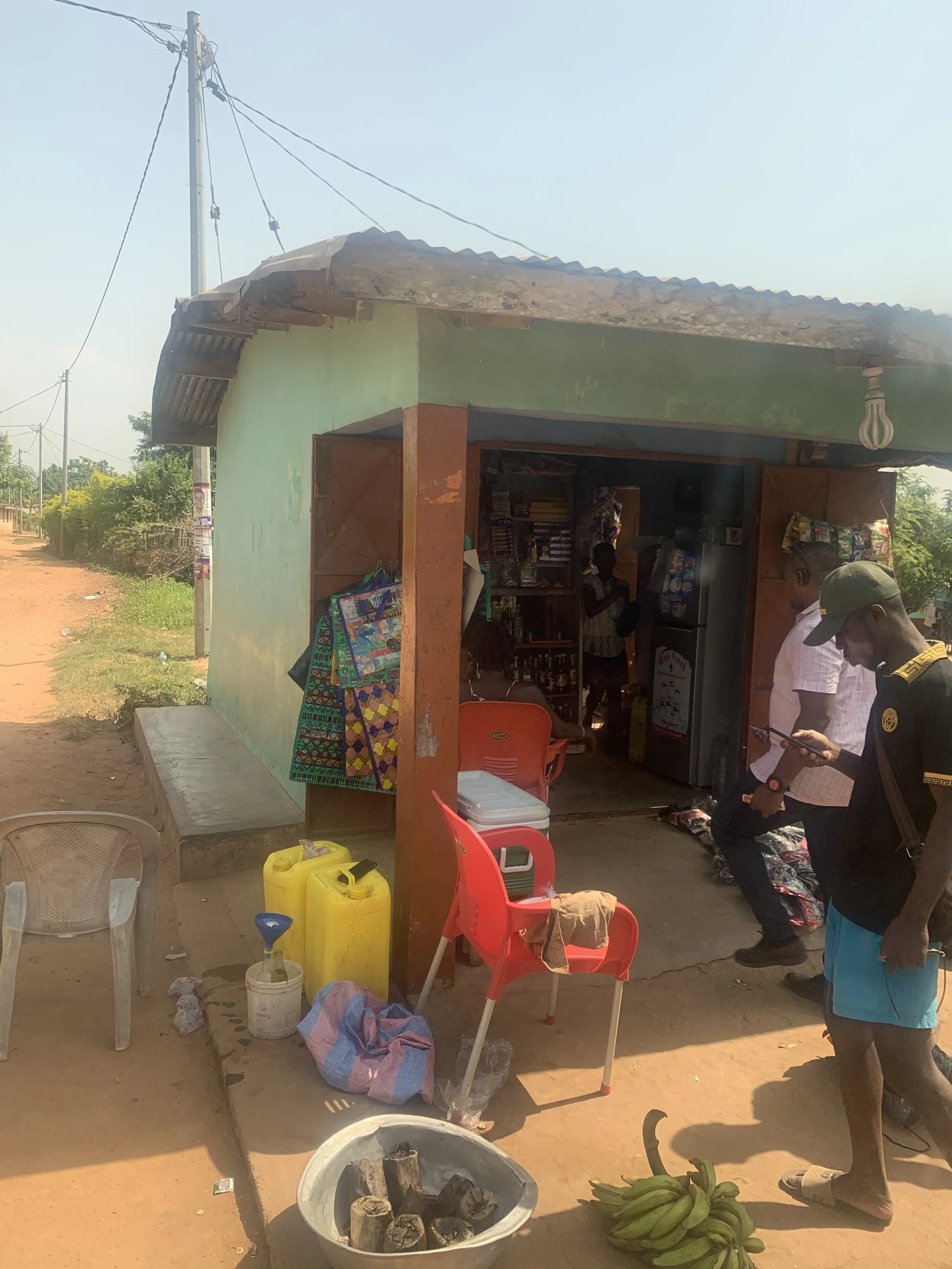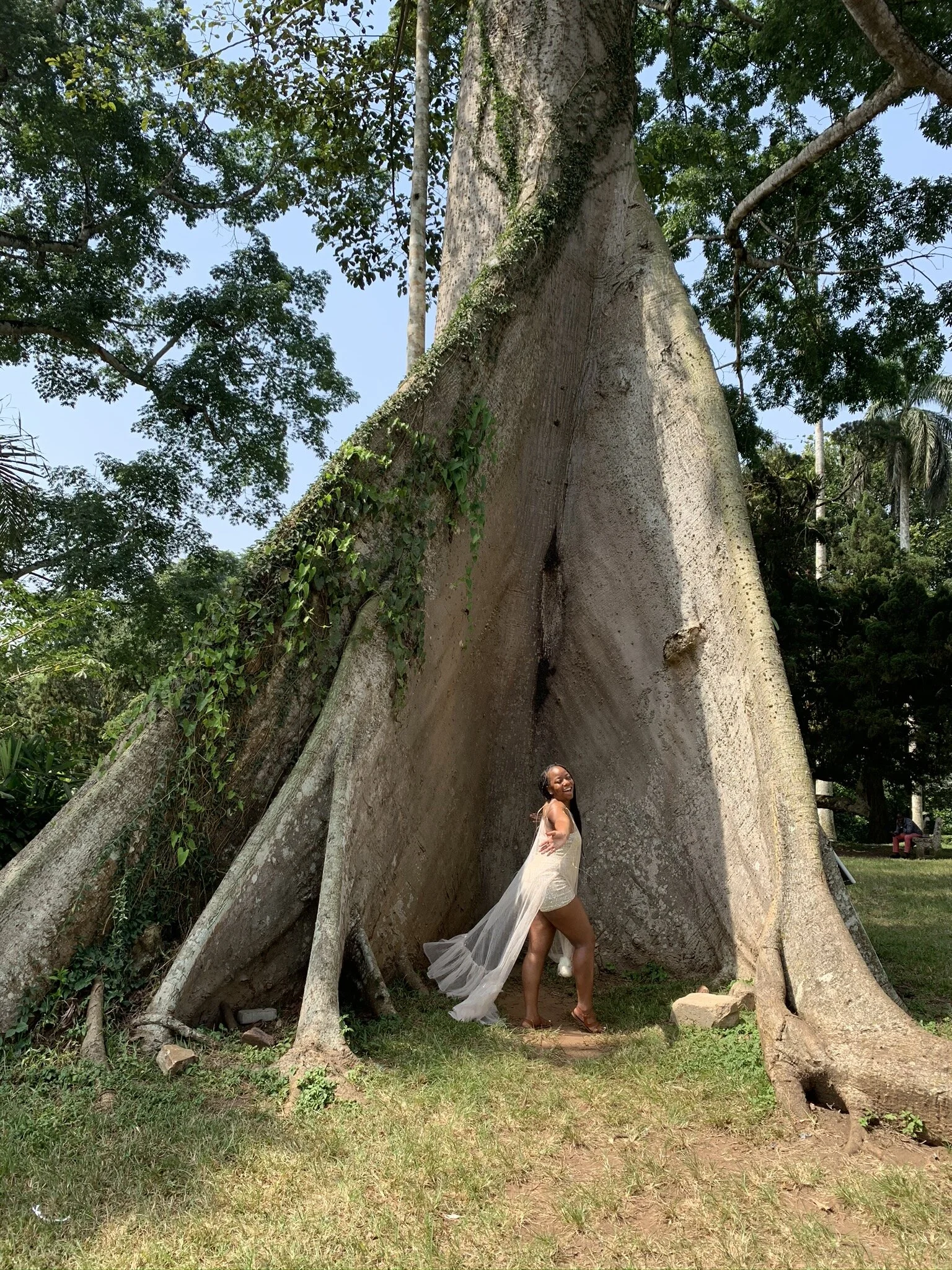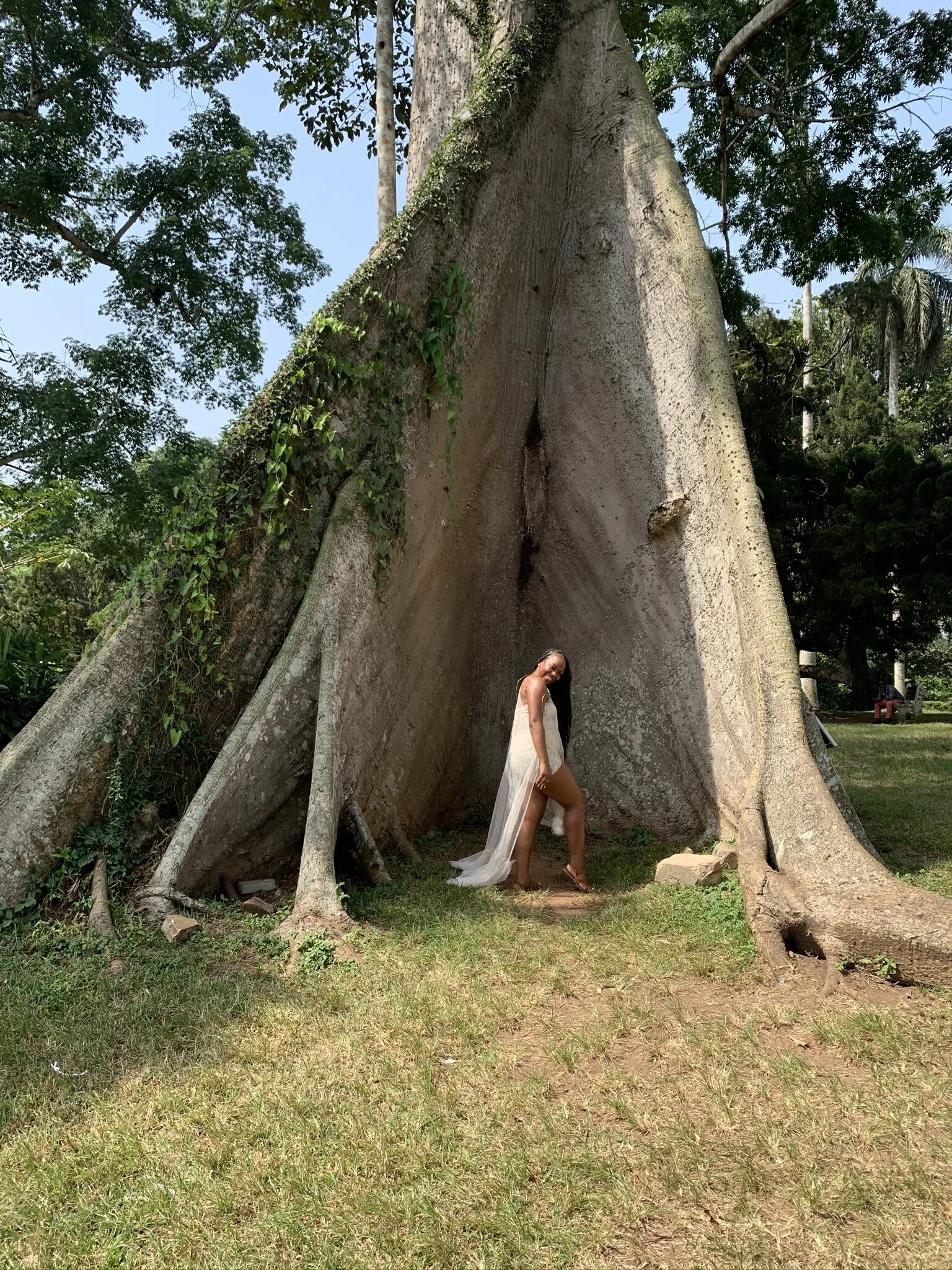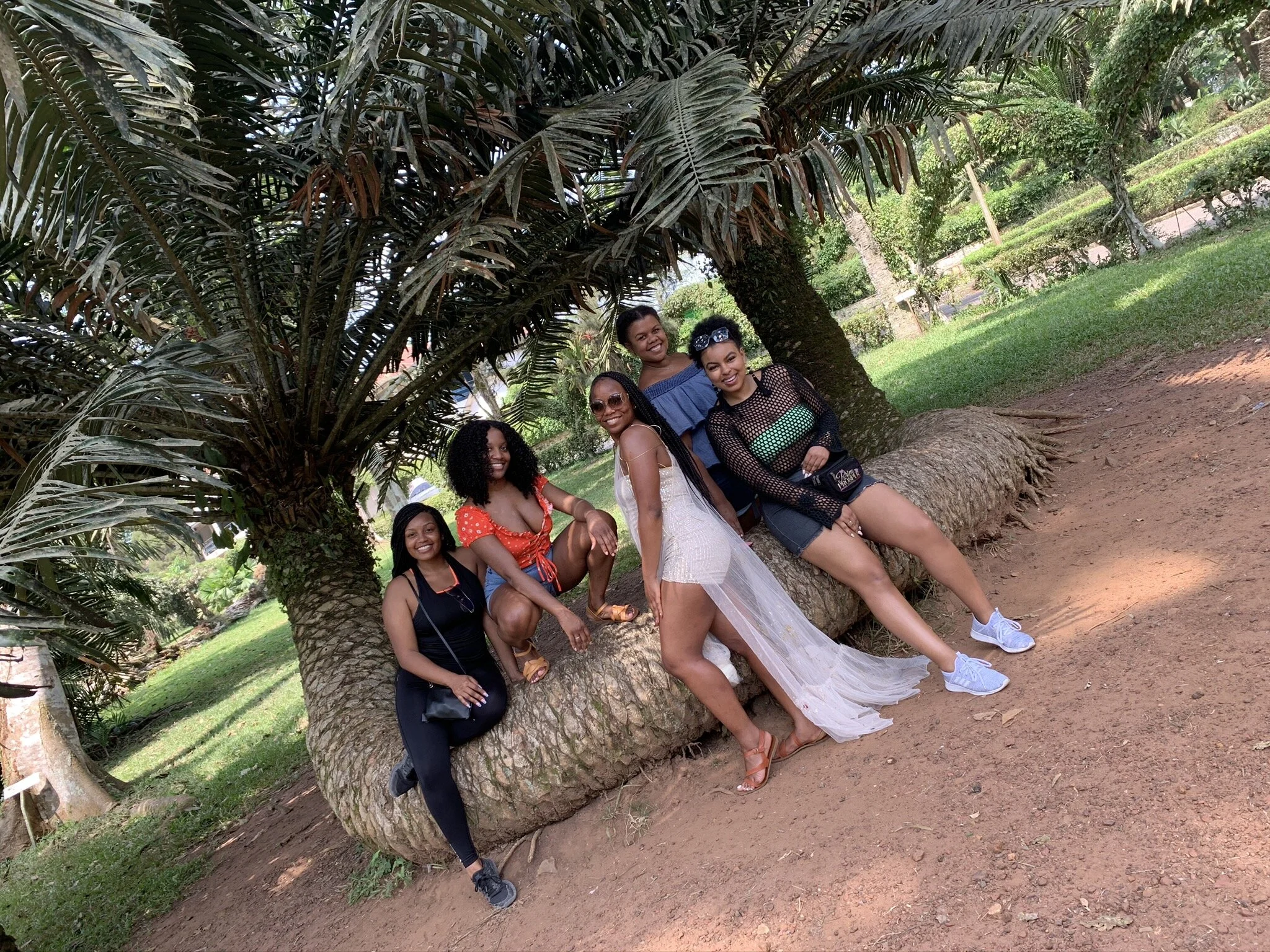Homegoing: A Return to Love
In winter of 2016 I read Homegoing, a novel by Yaa Gyasi that magically travels from generation to generation, sharing untold or forgotten stories. When I finished the book, I felt anger, sadness, resentment while simultaneously feeling grateful for God’s grace and our strength. I often tell people that we (being Black people) are not supposed to be here. While we are not where we could and should be, a lot of our lineages started in small villages in Ghana, Benin, and Nigeria among other West African countries. We were kidnapped by friend and foe alike; starved and treated worse than animals; bought and sold like property; bombed in Tulsa, Detroit, Birmingham; beaten, raped, killed mentally and physically for 400+ years. Yet, somehow in 2020 we’re some of the greatest writers and singers in the world; we, who were once property now own multiple properties; we serve as politicians and are one of few to stand up against injustice; we’re outspoken, lively, energetic, hustlers. We built our culture from the ground up and now many around the world look to us for the next best thing.
Fast forward to December of 2019, where I was finally visiting Ghana, the country that I could probably trace my roots to (I don't believe ancestry tests are ethical or accurate so I'll never know for sure) and seeing the castles I had read about. I'd been to Africa twice before; however, culturally, South Africa and Morocco were on a different spectrum than Ghana. When in the former countries, it was evident just how much influence the various European countries had on their nation. In Ghana, I'd finally understood what it's like to see a country filled with a sea of brown and black skin. The effects of globalization and colonization could be seen and felt, but on a different level than Cape Town, Casablanca, and of course, the various metropolitan centers in America.
While proud to be in a country with many men and women who "looked like me", I wouldn't be truthful if I didn't admit that I felt just as, if not more, conflicted as I did after finishing Homegoing three years prior. When I walked through those castles I immediately began to resent the Ghanaian chiefs who participated in the slave trade. I completely understood that they may not have fully grasped the evil that existed within the Cape Coast and Elmina castles, but that didn’t stop me from thinking of the irony that the same Nigerian and Ghanaian people who look down on Black Americans, are the very reason why we are American. My travels, studies, and general experiences have afforded me the opportunity to pull back the utopian veil that is Africa and African culture. Through this journey, literally and figuratively, I now have the courage to be honest with the fact that I’m often in a state of contention when addressing my Blackness and African heritage. The continent, individual countries, people, cuisine and music are beautiful in so many ways; but, we can’t forget the history or imperfections that exist to this very day. We have to face the past, and in some instances the present, both in America and in Africa, in order to truly grow from it.
The impact of African culture is so strong that I’ve often felt connected to a place I’d never been. This energy and spirit is magical, but, in reality I was born and raised in a country that my ancestors were forced to build with wilted marks on their backs. Some may be ashamed of that, but I embrace it. I embrace the persistence, courage, and strength. I embrace the colorism, self-hatred, and ignorance. We may fight with each other, because we aren’t a monolith and have a variety of perspectives; but, we also rally together and fight harder against outside forces.
I can now say that I forgive the Black diaspora who played a part in the trans-atlantic slave trade. In 2020, I was able to walk through the “Door of No Return” and, instead of seeing ships headed west or north, I saw Black kids running and playing on the beach; merchants selling African accessories; and tourists reflecting. I watched the beautiful sun set on a place that was once filled with misery and despair.
I can’t even imagine how frightening that door was to the West African people forced into slavery and I’m grateful that I could walk through it under different circumstances. I can only hope that those who lost their lives, culture, and loved ones are looking down on us proud of what we’ve become and of what we built. I hope that they understand that even across oceans and time spans, their pain is felt; like the human waste still in the grounds of those castles, they are forever embedded in our DNA. I hope they’re proud that even with a past filled with hatred, we find the strength to love, dance, rap, sing, write and, most importantly, give. With our love, knowledge, and undeniable power, I truly believe that we are unstoppable. Going to Ghana helped me see that sometimes you have to have a homecoming, no matter how painful that journey or history may be, to truly return to love.
